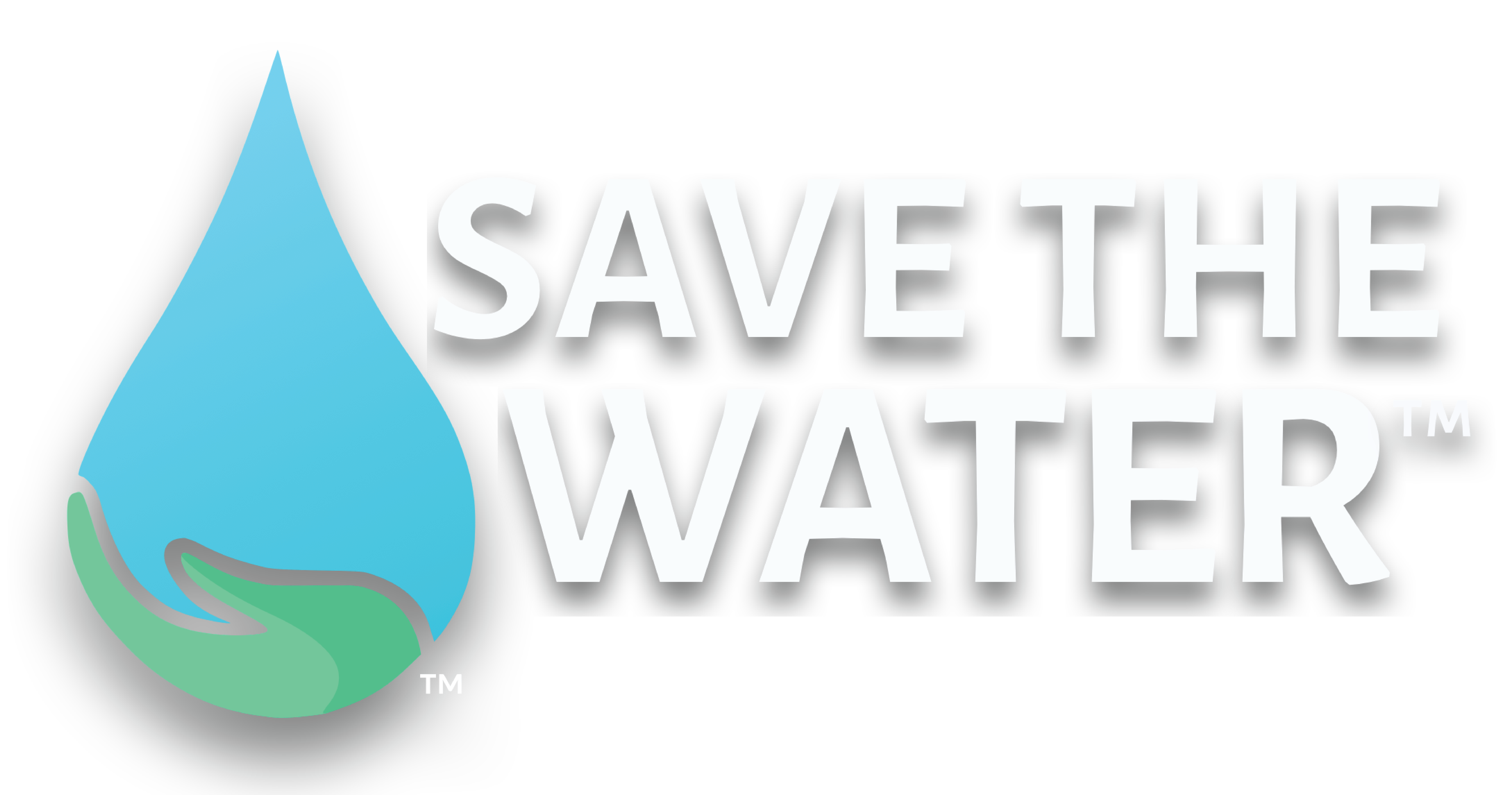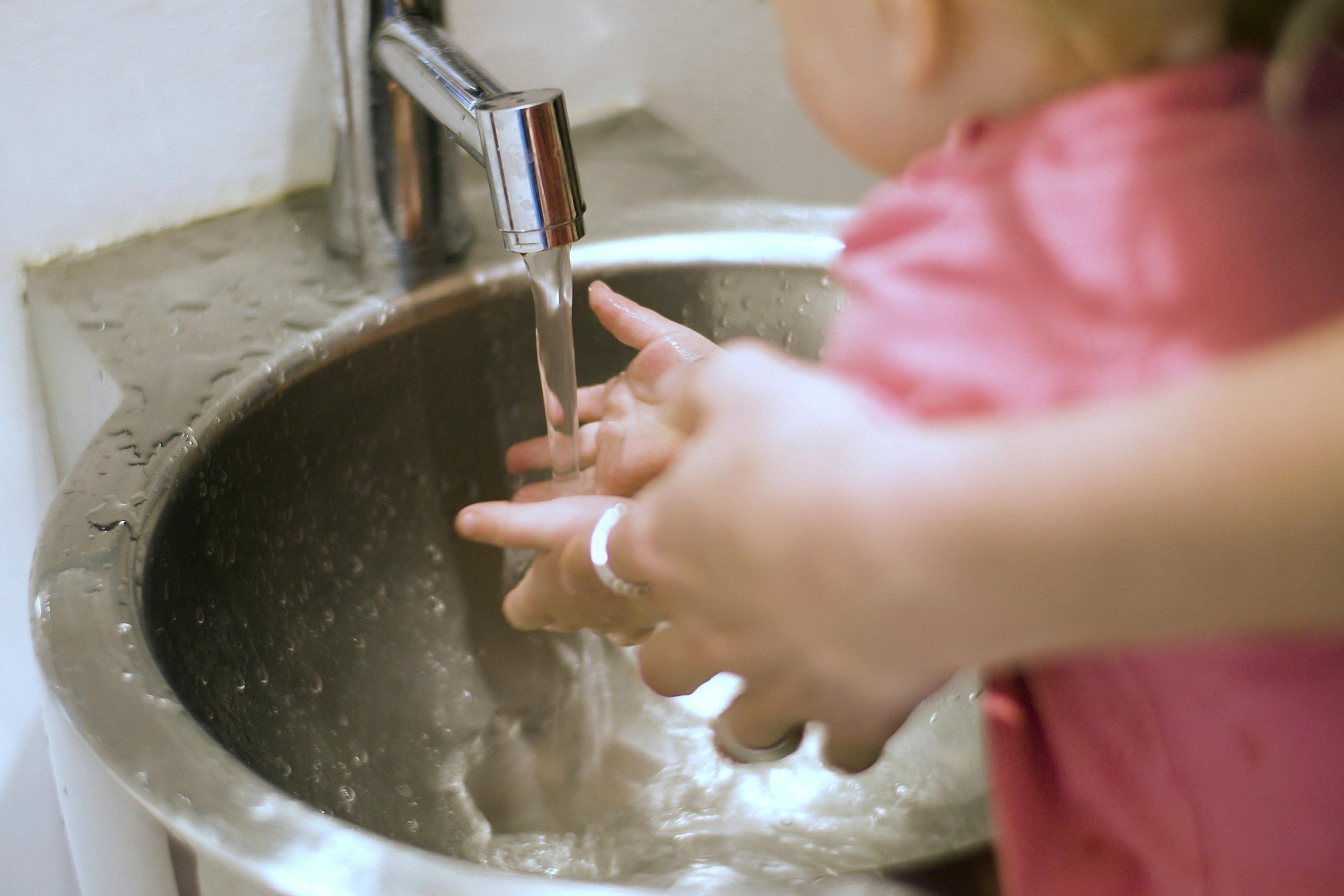By Samhar Almomani, Publishing Associate: Researcher and Writer at Save the Water™ | March 17, 2024
A new study uncovered that boiling tap water could remove at least 80 percent of three of the most common microplastics usually found in tap water. This finding may mean that drinking boiled water is likely better for your health than bottled water. People in several East Asian countries already drink boiled water. This practice solves the increasing harms of microplastics. Just last month, researchers found that bottled water can contain up to a quarter-million fragments of nanoplastics per liter.
Although some advanced water filtering systems can filter microplastics from water, this relatively expensive solution remains an inaccessible method to many. In contrast, boiling water before drinking it offers an inexpensive way of ensuring that the water supply is clean and safe. Moreover, it only takes five minutes to get such positive results.
How Did Researchers Discover the Benefits of Boiling Tap Water?
The study was published in ACS Publications: Environmental Science and Technology Letters. During the study, researchers used samples of “hard” tap water. “Hard” tap water refers to water that has a high concentration of minerals, such as calcium carbonate. The researchers proceeded to contaminate these water samples with nano and microplastics.
When the researchers boiled the water, the calcium carbonate formed a solid chalky substance called limescale. Limescale is a natural way of trapping the plastic particles that were in the sample. After boiling, you can remove this limescale using a simple coffee filter and remove the trapped plastic particles.
Health Hazards Caused by Microplastics and Nanoplastics
Microplastics and nanoplastics penetrate almost every aspect of our lives, which makes them extremely difficult to avoid. They are also small in size, making them difficult to spot and filter out. That said, why were the researchers worried about microplastics and nanoplastics to begin with?
Simply stated, several health hazards result from overexposure to microplastics and nanoplastics:
- Aggravates the immune system, making us susceptible to diseases
- Throws the body’s metabolism off-balance
- Can cause cells to self-destruct at times because cells detect microplastics as a foreign agent
- May raise the risk of Parkinson’s disease
- Disrupts fetal development
- Results in harmful neurological outcomes
On top of this, we still don’t understand the full extent of harm that microplastics and nanoplastics can cause to our bodies. Therefore, as much as possible, it’s recommended to try to reduce our exposure to microplastics and nanoplastics.
What To Do Next
While the recent study is noteworthy, the researchers left some areas for future research. Specifically, the researchers only studied the three most commonly occurring microplastics and nanoplastics and excluded less common microplastics and nanoplastics. For example, the researchers didn’t study vinyl chloride, although it was recently found to be extremely harmful.
Another important point is that boiling water doesn’t remove all microplastics. Even though boiling tap water for five minutes can remove around 84% to 90% of microplastics and nanoplastics, it still means that we’re exposed to microplastics and nanoplastics. Our goal should be to minimize all exposure to water pollution.





